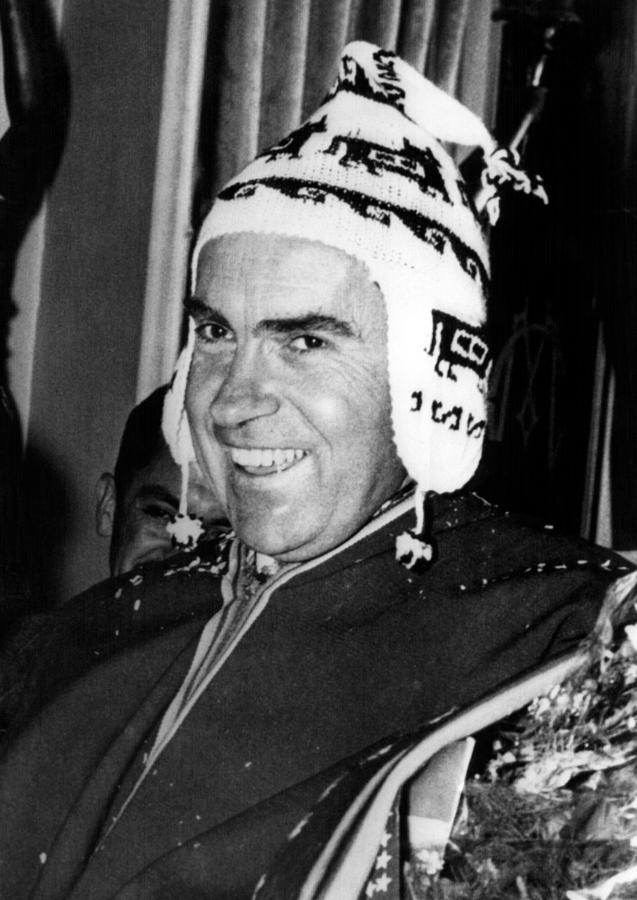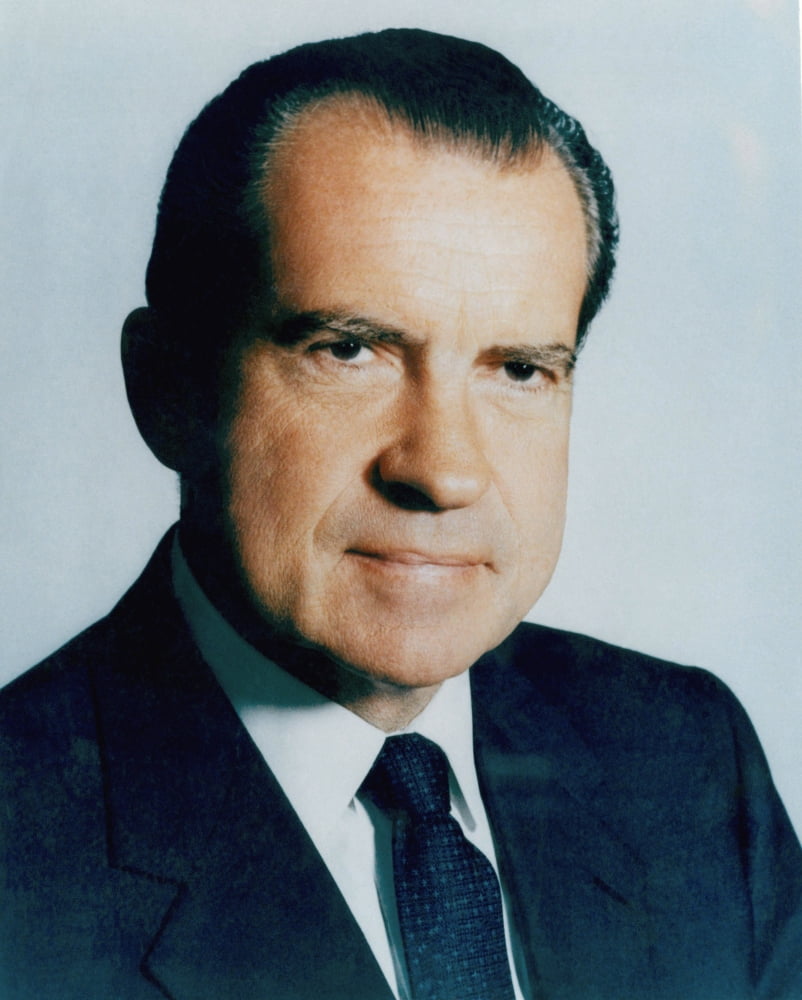

As a young adult she moved to Washington, D.C., and found employment in various government offices before marrying Pollard and moving to Baltimore. Margaret Pollard, born Margaret Marian Akers in Bristol, Virginia, in 1883, was the youngest in a family of 10 children. Spiro Agnew was born 11 months later, on November 9, 1918. After Pollard died in April 1917, Agnew and Margaret Pollard began a courtship which led to their marriage on December 12, 1917. The two became friends Pollard and his wife Margaret were regular customers of the restaurant. Here he met William Pollard, who was the city's federal meat inspector. A passionate self-educator, Agnew maintained a lifelong interest in philosophy one family member recalled that "if he wasn't reading something to improve his mind, he wouldn't read." Around 1908, he moved to Baltimore, where he purchased a restaurant. Anagnostopoulos emigrated to the United States in 1897 (some accounts say 1902) and settled in Schenectady, New York, where he changed his name to Theodore Agnew and opened a diner. The family may have been involved in olive growing and been impoverished during a crisis in the industry in the 1890s. Spiro Agnew's father was born Theophrastos Anagnostopoulos in about 1877, in the Greek town of Gargalianoi, Messenia. Agnew died at home in 1996 at age 77 of undiagnosed acute leukemia.ĭowntown Baltimore around the time of Agnew's birth He wrote a novel and a memoir, both of which defended his actions. Agnew spent the remainder of his life quietly, rarely making public appearances. Nixon replaced him with House Republican leader Gerald Ford. After months of maintaining his innocence, Agnew pleaded no contest to a single felony charge of tax evasion and resigned from office. The payments had continued into his time as vice president they had nothing to do with the Watergate scandal, in which he was not implicated. Agnew took kickbacks from contractors during his time as Baltimore County Executive and Governor of Maryland. In 1973, Agnew was investigated by the United States Attorney for the District of Maryland on suspicion of criminal conspiracy, bribery, extortion and tax fraud. In the presidential election of 1972, Nixon and Agnew were re-elected for a second term, defeating Senator George McGovern and his running mate Sargent Shriver in one of the largest landslides in American history. In the years of his vice presidency, Agnew moved to the right, appealing to conservatives who were suspicious of moderate stances taken by Nixon. As vice president, Agnew was often called upon to attack the administration's enemies. Nixon and Agnew defeated the Democratic ticket of incumbent Vice President Hubert Humphrey and his running mate, Senator Edmund Muskie. Agnew made a number of gaffes during the campaign, but his rhetoric pleased many Republicans, and he may have made the difference in several key states. Agnew's centrist reputation interested Nixon the law and order stance he had taken in the wake of civil unrest that year appealed to aides such as Pat Buchanan. Pressman.Īt the 1968 Republican National Convention, Richard Nixon asked Agnew to place his name in nomination, and named him as running mate. Mahoney and independent candidate Hyman A. In 1966, Agnew was elected Governor of Maryland, defeating his Democratic opponent George P. In 1962, he was elected Baltimore County Executive. Representative James Devereux before he was appointed to the Baltimore County Board of Zoning Appeals in 1957. He attended Johns Hopkins University and graduated from the University of Baltimore School of Law.

Calhoun in 1832.Īgnew was born in Baltimore to a Greek immigrant father and an American mother. He is the second vice president to resign the position, the other being John C.

Spiro Theodore Agnew (November 9, 1918 – September 17, 1996) was the 39th vice president of the United States, serving from 1969 until his resignation in 1973.


 0 kommentar(er)
0 kommentar(er)
